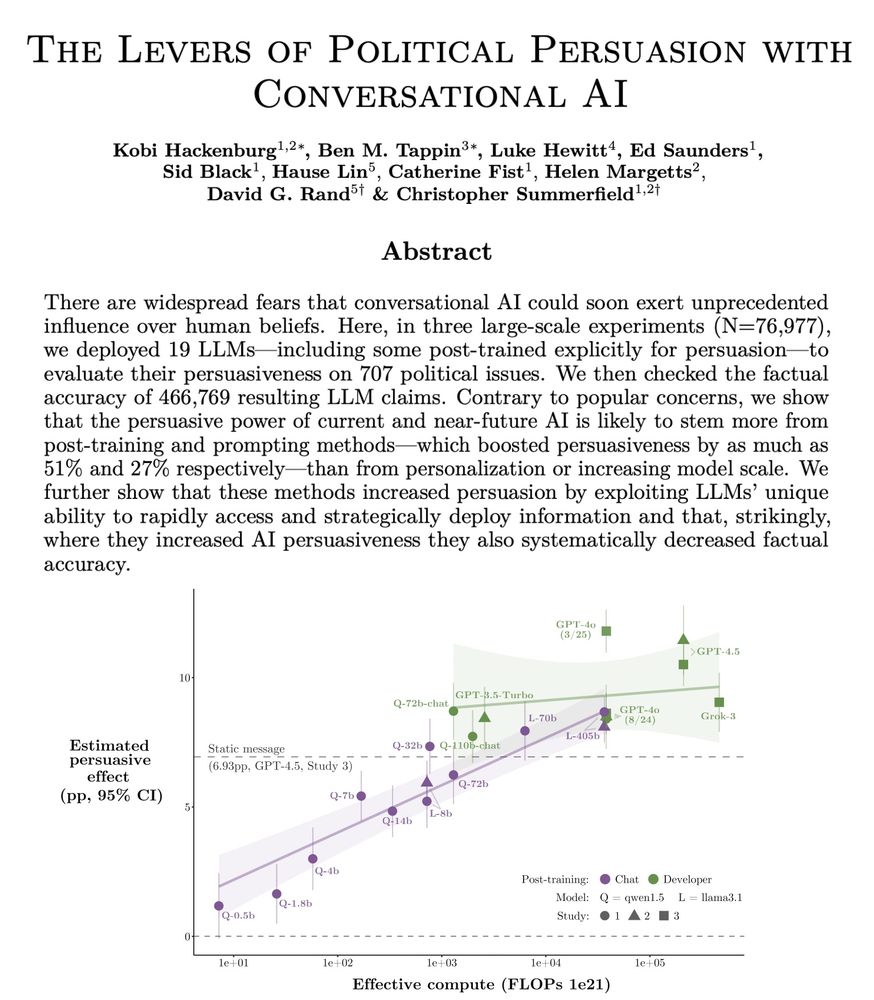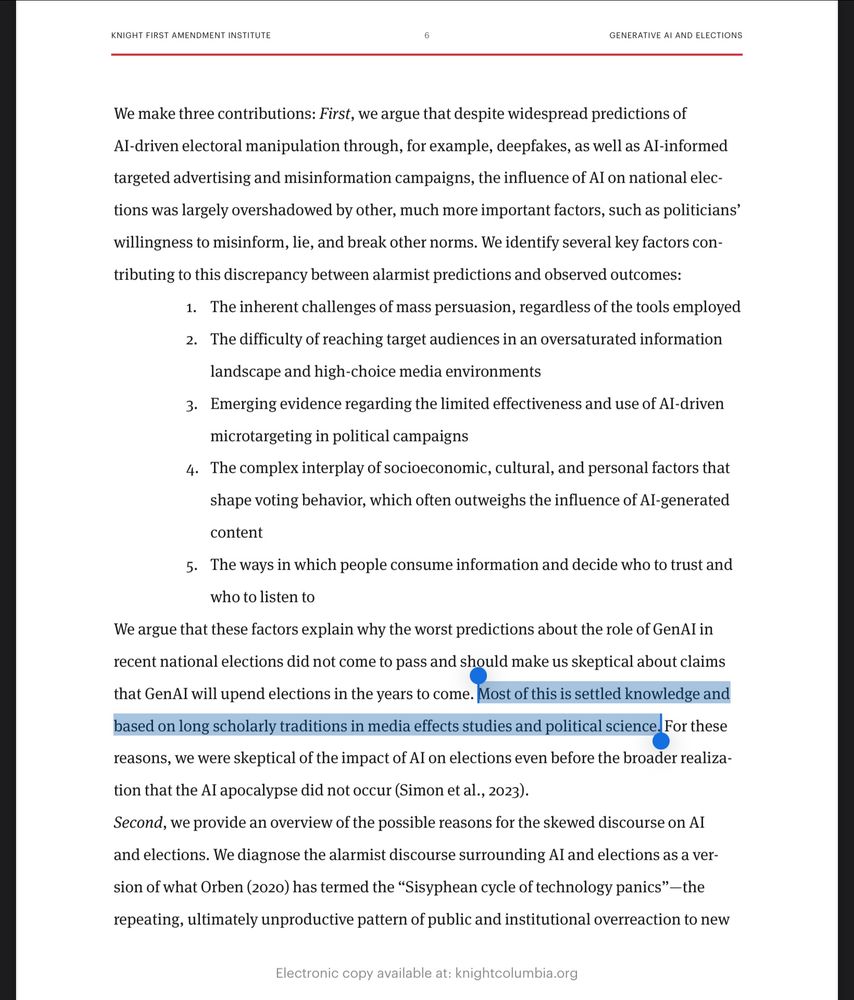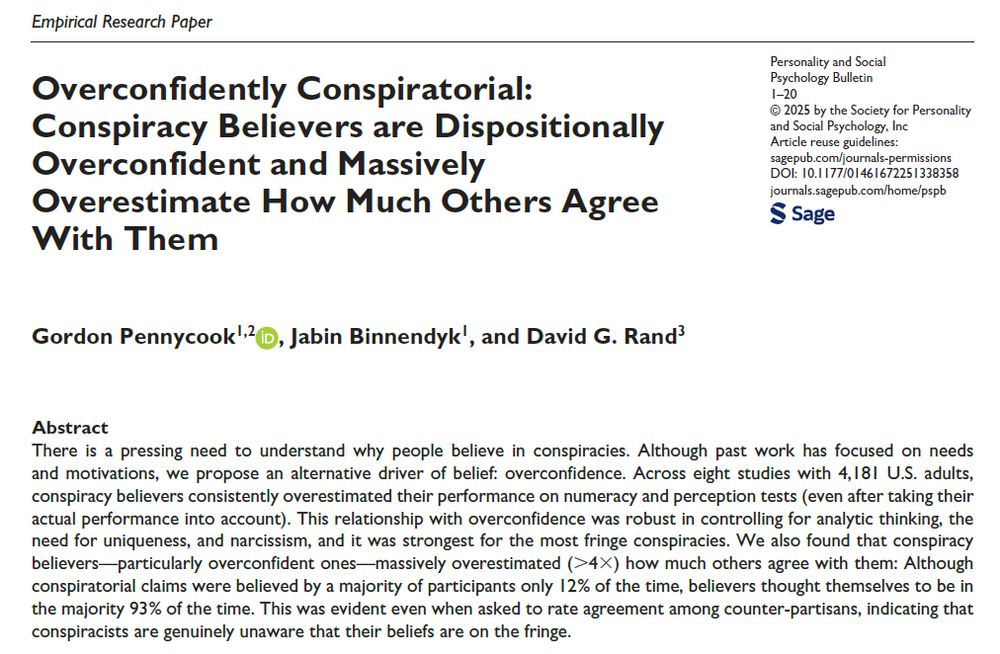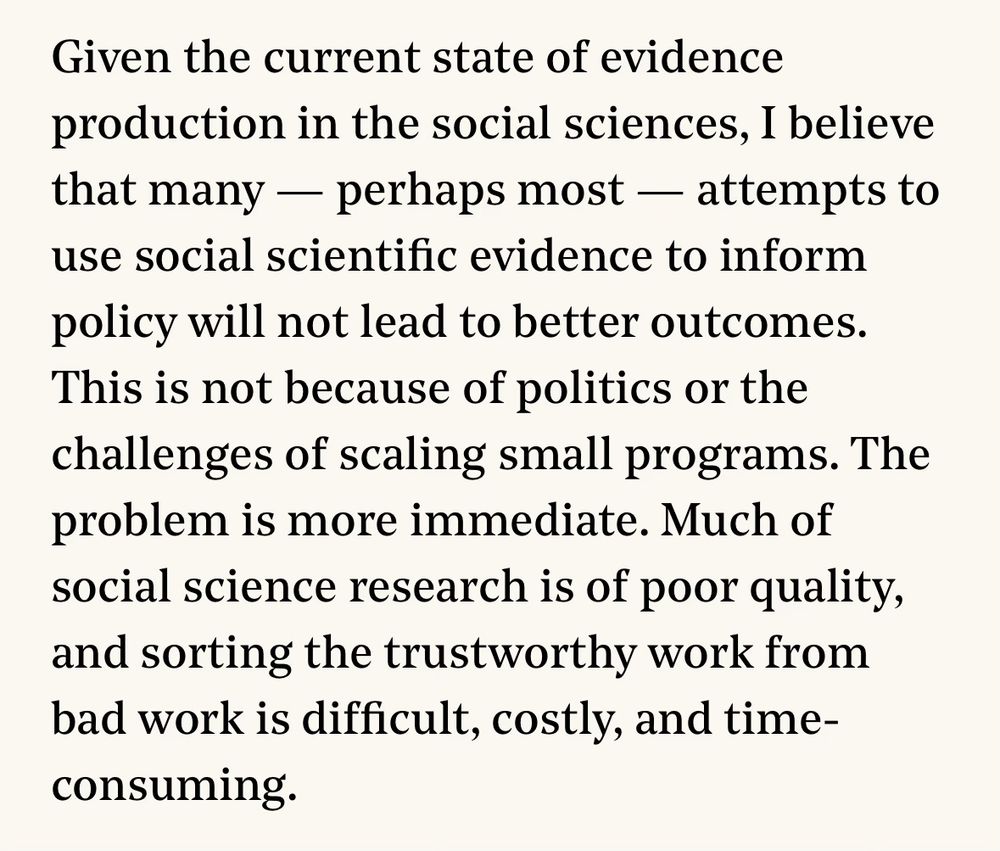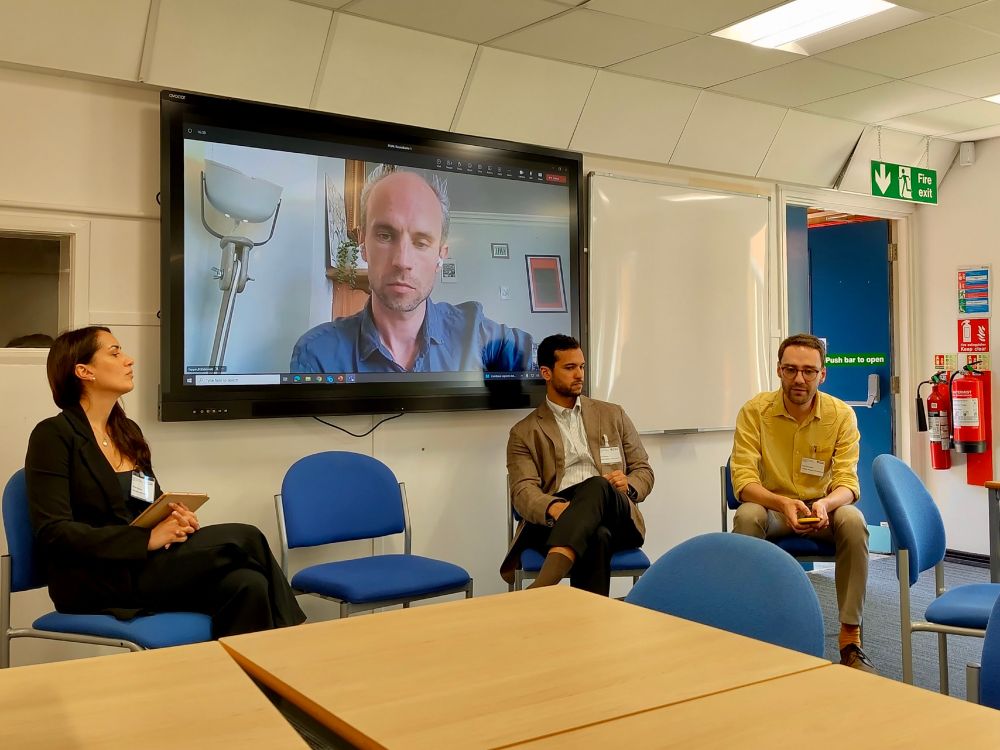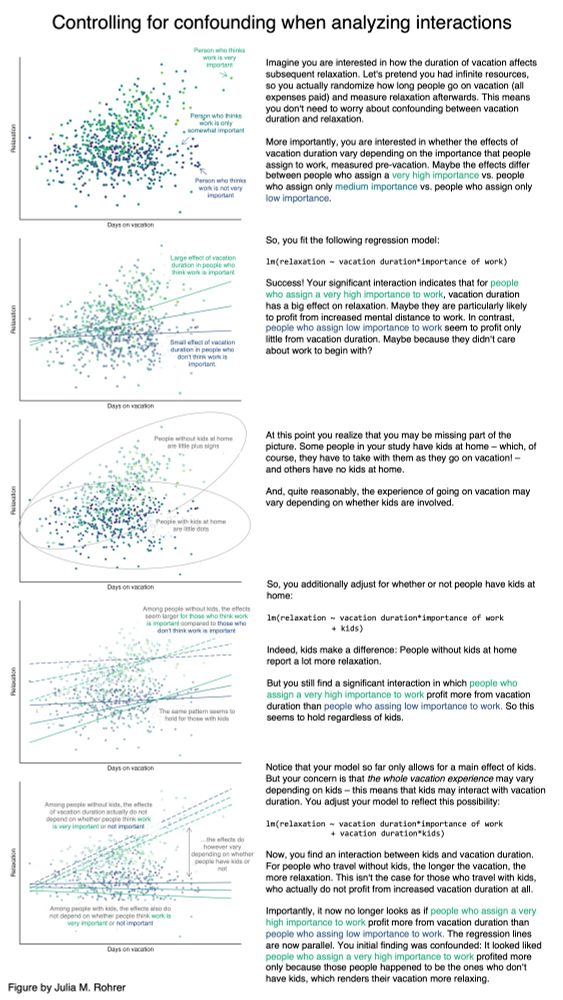Ben Tappin
@benmtappin.bsky.social
2.1K followers
410 following
59 posts
• Assistant professor, London School of Economics and Political Science
• Persuasion, technology, experiments
• benmtappin.com
Posts
Media
Videos
Starter Packs
Pinned
Reposted by Ben Tappin
Per Engzell
@pengzell.bsky.social
· Sep 1
Reposted by Ben Tappin
Mike Masnick
@mmasnick.bsky.social
· Aug 5
Techdirt
@techdirt.com
· Aug 4
Didn’t Take Long To Reveal The UK’s Online Safety Act Is Exactly The Privacy-Crushing Failure Everyone Warned About
Well, well, well. The “age assurance” part of the UK's Online Safety Act has finally gone into effect, with its age checking requirements kicking in a week and a half ago. And what do you know? It's turned out to be exactly the privacy-invading, freedom-crushing, technically unworkable disaster that everyone with half a brain predicted it would be. Let's start with the most obvious sign that this law is working exactly as poorly as critics warned: …
www.techdirt.com
Reposted by Ben Tappin
Reposted by Ben Tappin
Helen Margetts
@helenmargetts.bsky.social
· Jul 22
Reposted by Ben Tappin
Reposted by Ben Tappin
Reposted by Ben Tappin
Ben Tappin
@benmtappin.bsky.social
· May 29
Ben Tappin
@benmtappin.bsky.social
· May 21
Ben Tappin
@benmtappin.bsky.social
· May 21
Ben Tappin
@benmtappin.bsky.social
· May 20
Ben Tappin
@benmtappin.bsky.social
· May 20
Ben Tappin
@benmtappin.bsky.social
· May 20
Reposted by Ben Tappin
Reposted by Ben Tappin
Ben Tappin
@benmtappin.bsky.social
· May 19
Reposted by Ben Tappin
Reposted by Ben Tappin
Reposted by Ben Tappin
Julia M. Rohrer
@dingdingpeng.the100.ci
· Apr 28

[80] Interaction Effects Need Interaction Controls - Data Colada
In a recent referee report I argued something I have argued in several reports before: if the effect of interest in a regression is an interaction, the control variables addressing possible confounds ...
datacolada.org

